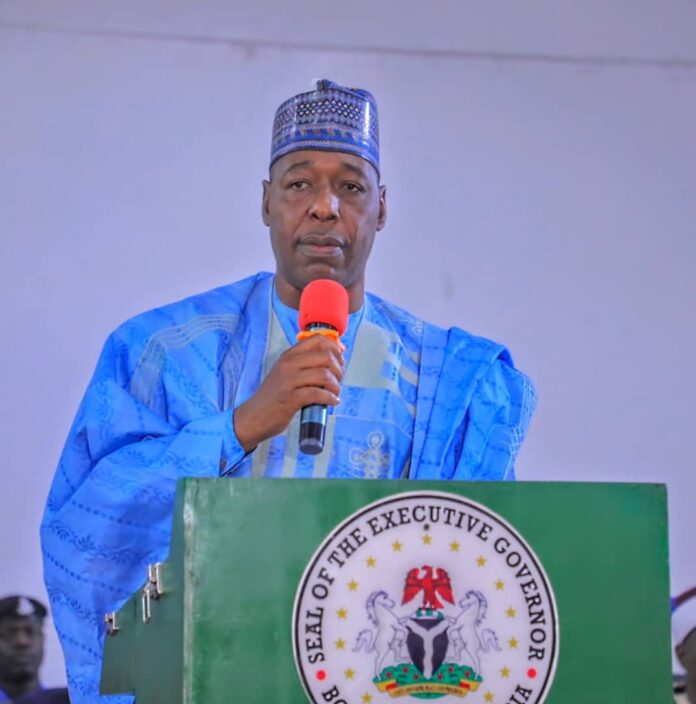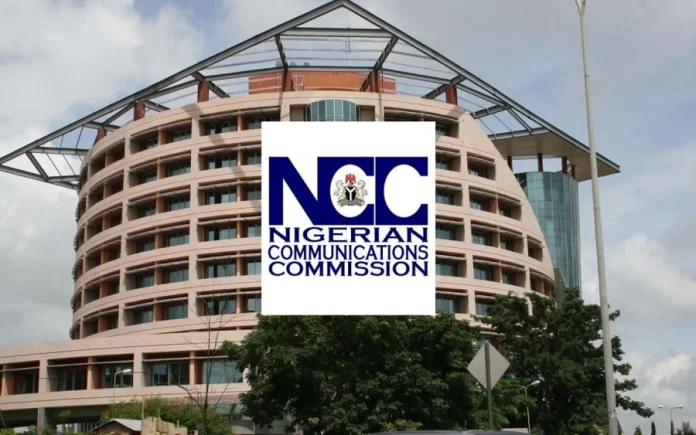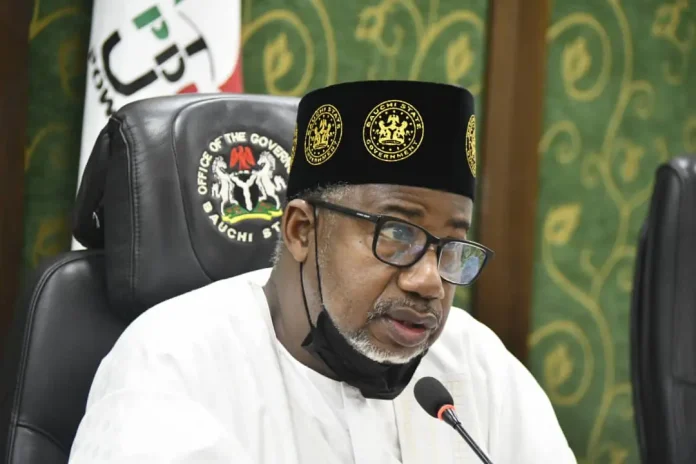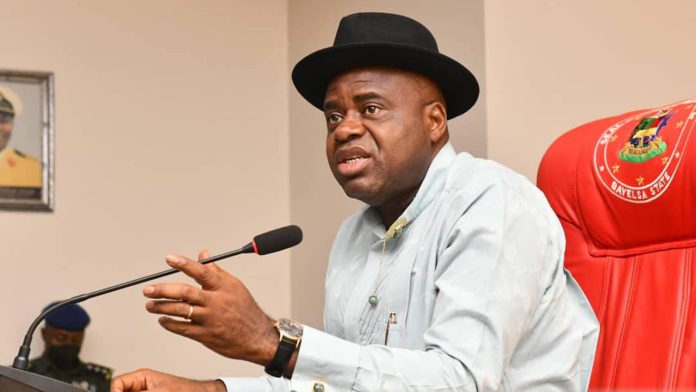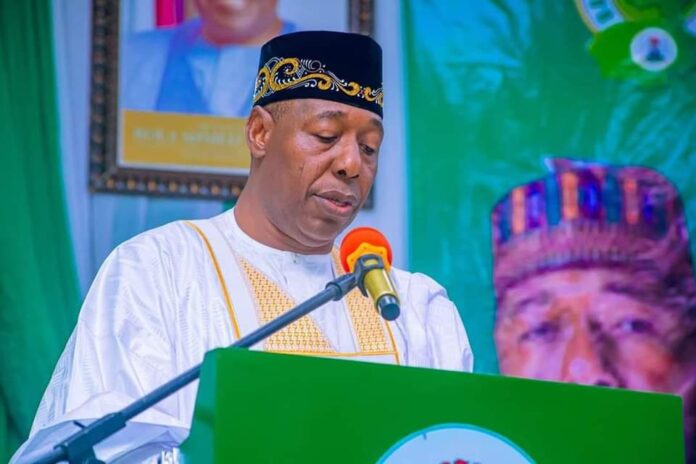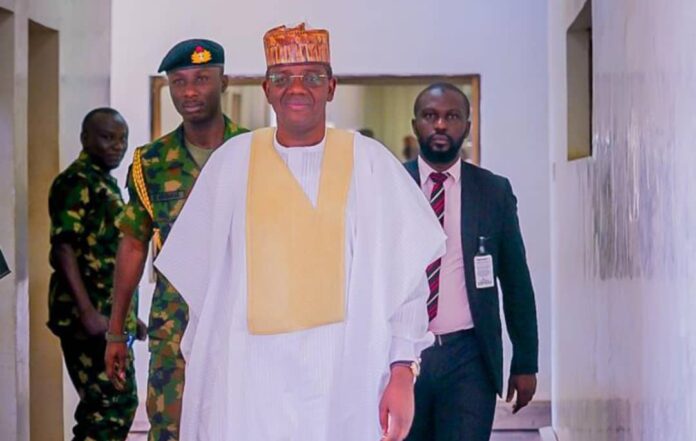Federal Government has disbursed N1.3 billion to support growth of small enterprises in Borno State .
The amount was disbursed under the Presidential Conditional Grant Scheme ,PCGS, to bolster nano-businesses in 27 local government areas of the state.
Gov. Babagana Zulum said this at the federal government’s town hall meeting on loans and grants scheme in Maiduguri on Friday.
Represented by Abubakar Muhammed, Permanent Secretary, Establishment and Service Matters, Zulum said the scheme was being implemented in collaboration between the state government and the Bank of Industry ,BoI.
He said the scheme focused on empowering traders, artisans, ICT operators, eatery operators and transporters, adding that each of the beneficiaries received N50,000, to enable them to improve their businesses.
According to Zulum, the gesture represents a critical component of the federal government’s commitment to support local economies and vulnerable groups.
“With a total of 810,945 beneficiaries nationwide, the programme ensures that Borno’s entrepreneurs receive the necessary support to thrive in challenging economic times.
“The PCGS initiative is expected to boost small businesses, create employment opportunities, and contribute to the overall economic recovery of the state, which continues to rebuild in the aftermath of insurgency and other challenges”, he said.
Mr Muktar Musa, the BoI Manager in Maiduguri, said the federal government had disbursed over N40 billion out of the approved N50 billion, to support nano businesses across the 774 local government areas in the country.
Musa said the PCGS scheme, introduced as part of interventions following the removal of fuel subsidy targeted one million beneficiaries.
Highlighting progress of the scheme, Musa said that N10 billion has been disbursed to beneficiaries in the North-West; North–Central N6.6 billion, North-East N5.9 billion, and South-East N4.8 billion to 96,000 beneficiaries across 95 LGAs.
Musa said the scheme also supported 117,000 beneficiaries in 123 local government areas in the South-South, and 146,000 others across 137 LGAs in South-West.
He said that a breakdown of the disbursements revealed that women and youth constituted 70% of the beneficiaries; 10% persons with disabilities, five per cent senior citizens and 15% other demographic groups.
The manager said the programme had so far empowered 810,945 Nigerians as part of the federal government’s commitment to support local economies and vulnerable groups.
Musa said the beneficiaries were selected based on criteria such as possession of BVN and NIN numbers as well as evidence of business premises.
Some of the beneficiaries, Atiku Babagana and Hauwa Bukar commended the gesture, adding that it would encourage growth of small businesses.
“The grant will enable me to expand my business, purchase additional stocks, and cater for my family’s needs. I am grateful for this opportunity”, Bukar said.


